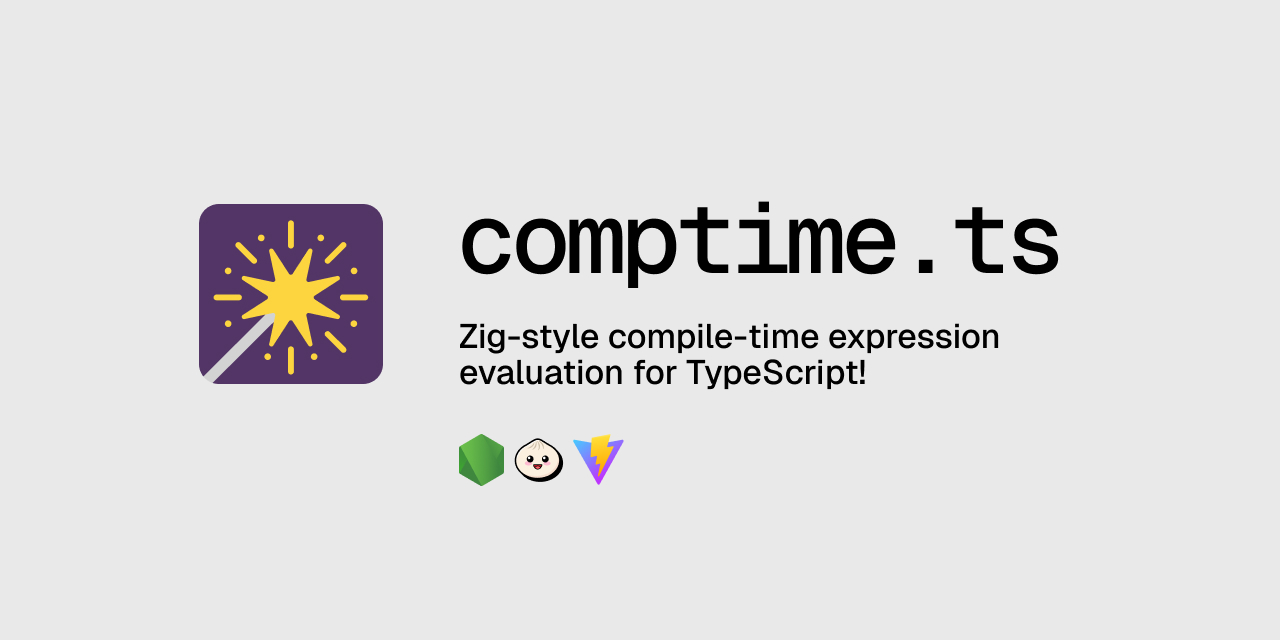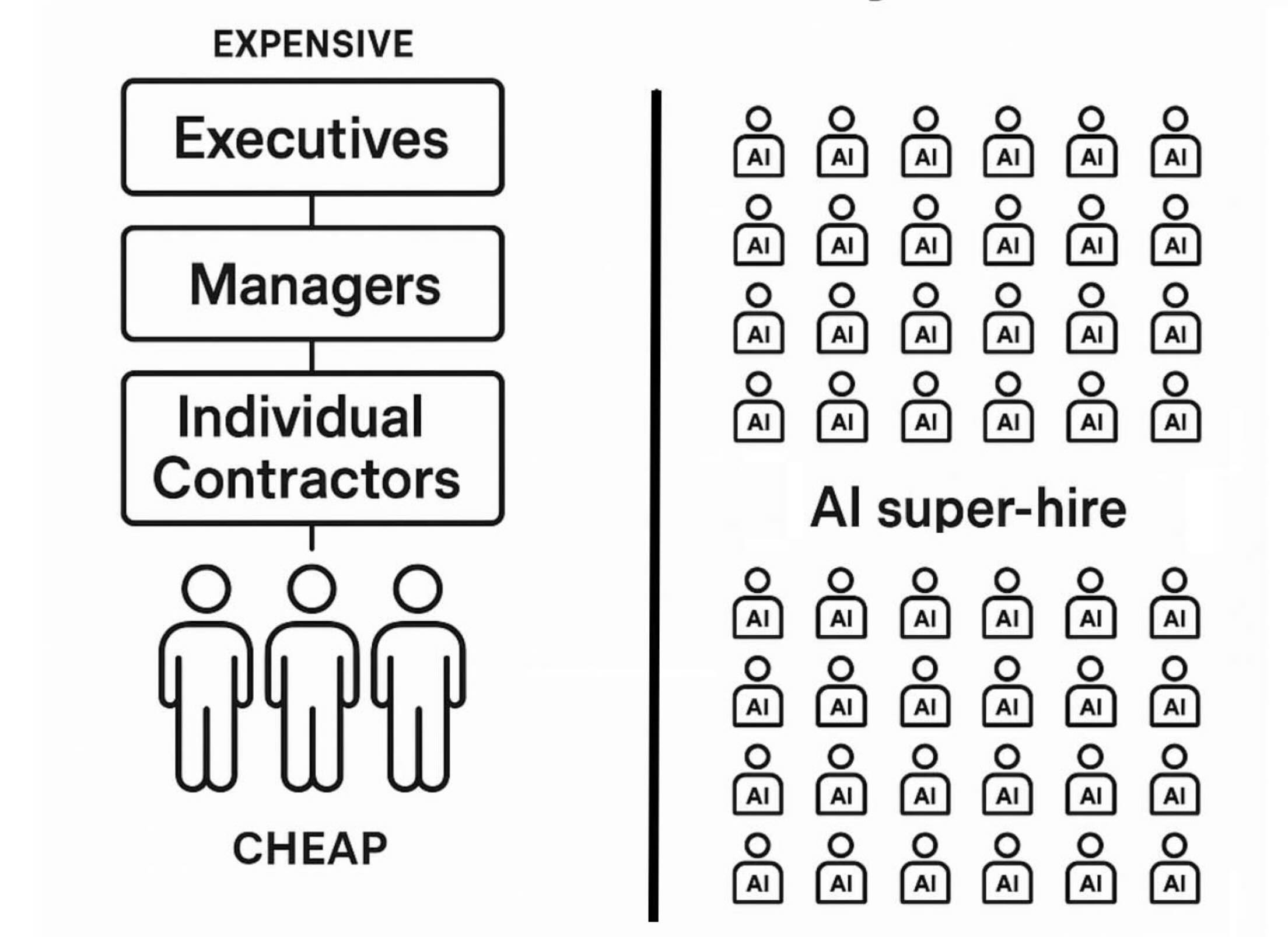Semantic Domain: What Declarative Languages Are
On his blog, Bob Harper asks what, if anything, a declarative language is. He notes that "declarative" is often used to mean "logic or functional programming", and is (justly) skeptical that this is a useful pairing.
However, there's actually a surprisingly simple and useful definition of declarative language: a declarative language is any language with a semantics has some nontrivial existential quantifiers in it. To illustrate this definition, let's begin by looking at some examples of declarative languages: Regular expressions Context-free grammars Database query languages based on relational algebra (eg, SQL) Logic programming languages (eg, Prolog) Constraint-based languages for layout (eg, CSS)
The common factor is that all of these languages have a semantics which relies on some existential quantifiers which it is not immediately obvious how to discharge. For example, the semantics of regular expressions can be explained in terms of string membership, by giving a judgement $w \in r$ meaning that the string $w$ is an inhabitant of the regular expression $r$. $$ \begin{array}{c} \frac{\displaystyle } {\displaystyle \cdot \in \epsilon} \\[1em] \frac{\displaystyle } {\displaystyle c \in c} \\[1em] \frac{\displaystyle w \in r_i \qquad i \in \{1,2\} } {\displaystyle w \in r_1 \vee r_2} \\[1em] \mbox{(no rule for $w \in \bot$)} \\[1em] \frac{\displaystyle \exists w_1, w_2.\; w = w_1 \cdot w_2 \qquad w_1 \in r_1 \qquad w_2 \in r_2 } {\displaystyle w \in r_1 \cdot r_2} \\[1em] \frac{\displaystyle } {\displaystyle \cdot \in r*} \\[1em] \frac{\displaystyle \exists w_1, w_2.\; w = w_1 \cdot w_2 \qquad w_1 \in r \qquad w_2 \in r* } {\displaystyle w \in r*} \end{array} $$
In particular, note the appearance of an existential quantifier in the premises of the sequential composition and Kleene star cases, and note the nondeterministic choice of a branch in the alternation case. So read as a logic program, this semantics is not well-moded.












